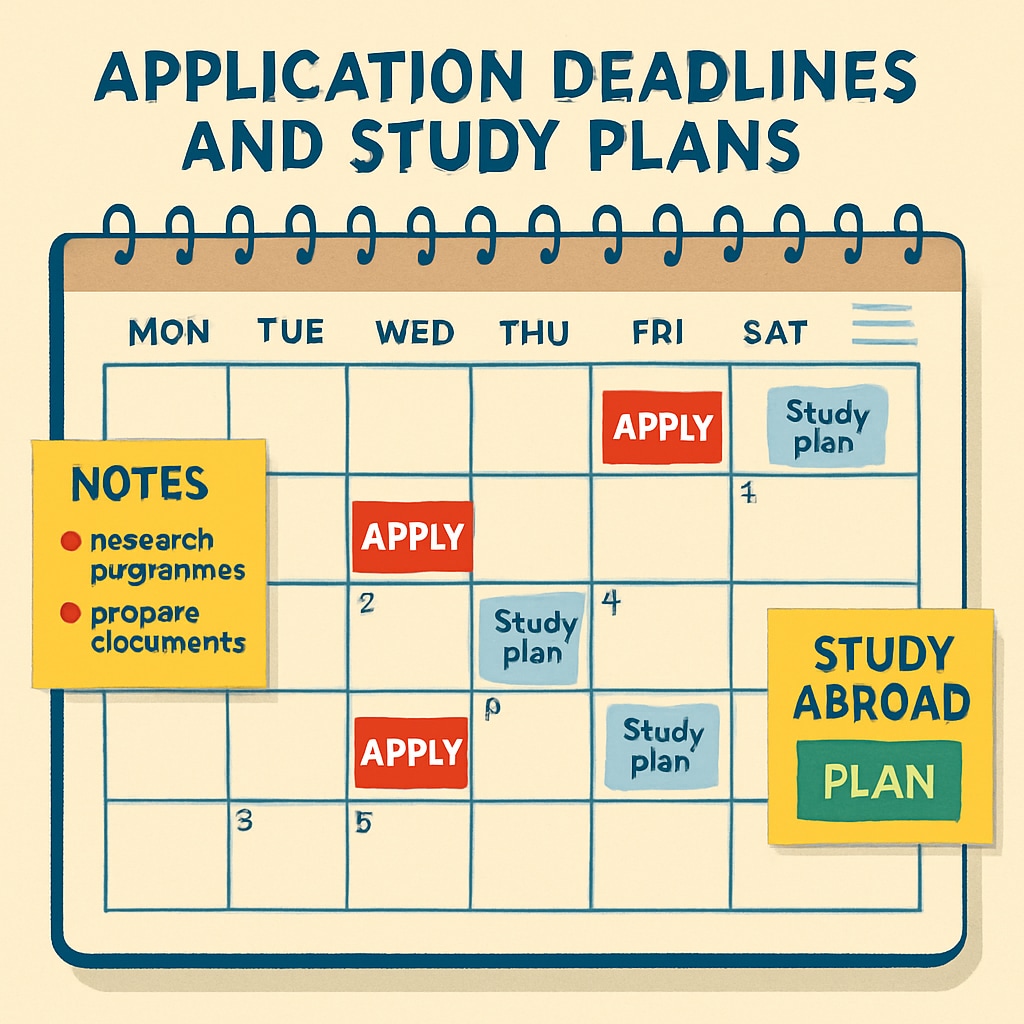Applying for a master’s degree in the United States offers K12 educators the opportunity to expand their professional expertise, gain international education perspectives, and contribute to the development of globalized teaching strategies. Understanding the feasibility of this path requires careful planning around key factors such as timing, costs, and alignment with professional goals. This article will delve into the benefits of pursuing U.S. master’s programs, strategies for optimizing the application process, and actionable tips for educators ready to embark on this journey.

Why Pursuing a Master’s Degree in the U.S. Matters for K12 Educators
The U.S. has long been regarded as a leader in education, offering diverse master’s programs that focus on innovative teaching methods, inclusive education models, and rigorous academic research. For K12 educators, these programs can provide a transformative experience that enhances their ability to address the evolving needs of students in a globalized world. For example, exposure to international perspectives helps educators develop inclusive curriculums and implement effective teaching strategies in multicultural classrooms.
Additionally, a master’s degree from a U.S. institution often carries significant prestige, opening doors to leadership roles, research opportunities, and collaborations that may not be readily available domestically. According to Britannica’s overview of education, many U.S. institutions emphasize practical application, ensuring graduates can apply their knowledge directly within their professional environments.
Timing Strategies for Master’s Application Success
Timing is a critical factor when planning to apply for a master’s program in the U.S. Most universities have clearly defined application windows, typically in the fall or spring. Educators should consider their current workload, financial readiness, and the academic calendar to ensure their application aligns with their personal and professional commitments.
To optimize timing, it is important to start preparing at least 12 months in advance. This preparation includes researching suitable programs, gathering necessary documentation, and securing funding. For educators seeking financial aid or scholarships, applying early can significantly improve their chances of receiving support. Additionally, websites like Wikipedia’s guide on graduate school provide comprehensive insights into admission cycles and requirements.

Practical Tips for K12 Educators Considering U.S. Master’s Programs
For educators ready to take the next step, the following tips can help streamline the process:
- Research Program Fit: Focus on programs that align with your teaching philosophy and career goals. For example, educators interested in technology integration should prioritize programs with strong edtech components.
- Build a Strong Application: Highlight your teaching experience, achievements, and passion for education in your personal statement. A well-crafted application can set you apart from other candidates.
- Network with Alumni: Connect with graduates of your target programs to gain insights into the curriculum, faculty, and post-graduation opportunities.
- Prepare for Standardized Tests: Many U.S. master’s programs require GRE or TOEFL scores, so allocate sufficient time for preparation.
- Leverage Financial Aid Options: Explore scholarships, fellowships, and assistantships to minimize financial burdens.
By taking these steps, educators can maximize their chances of acceptance and ensure they are fully prepared for the challenges and rewards of studying abroad.
The Long-Term Value of International Education Perspectives
Beyond academic achievement, studying in the U.S. equips K12 educators with a global outlook that can significantly impact their teaching methods and student outcomes. The ability to integrate diverse perspectives into classroom instruction fosters critical thinking, cultural sensitivity, and innovation among students.
Furthermore, educators who pursue advanced degrees abroad become ambassadors of international collaboration, bringing valuable insights back to their home countries and contributing to the evolution of local education systems. This ripple effect underscores the importance of global learning experiences for educators in today’s interconnected world.
In conclusion, pursuing a master’s degree in the U.S. can be a highly rewarding endeavor for K12 educators. By carefully considering the timing, researching programs, and preparing strategically, educators can unlock career-transforming opportunities while contributing to the global development of education.


